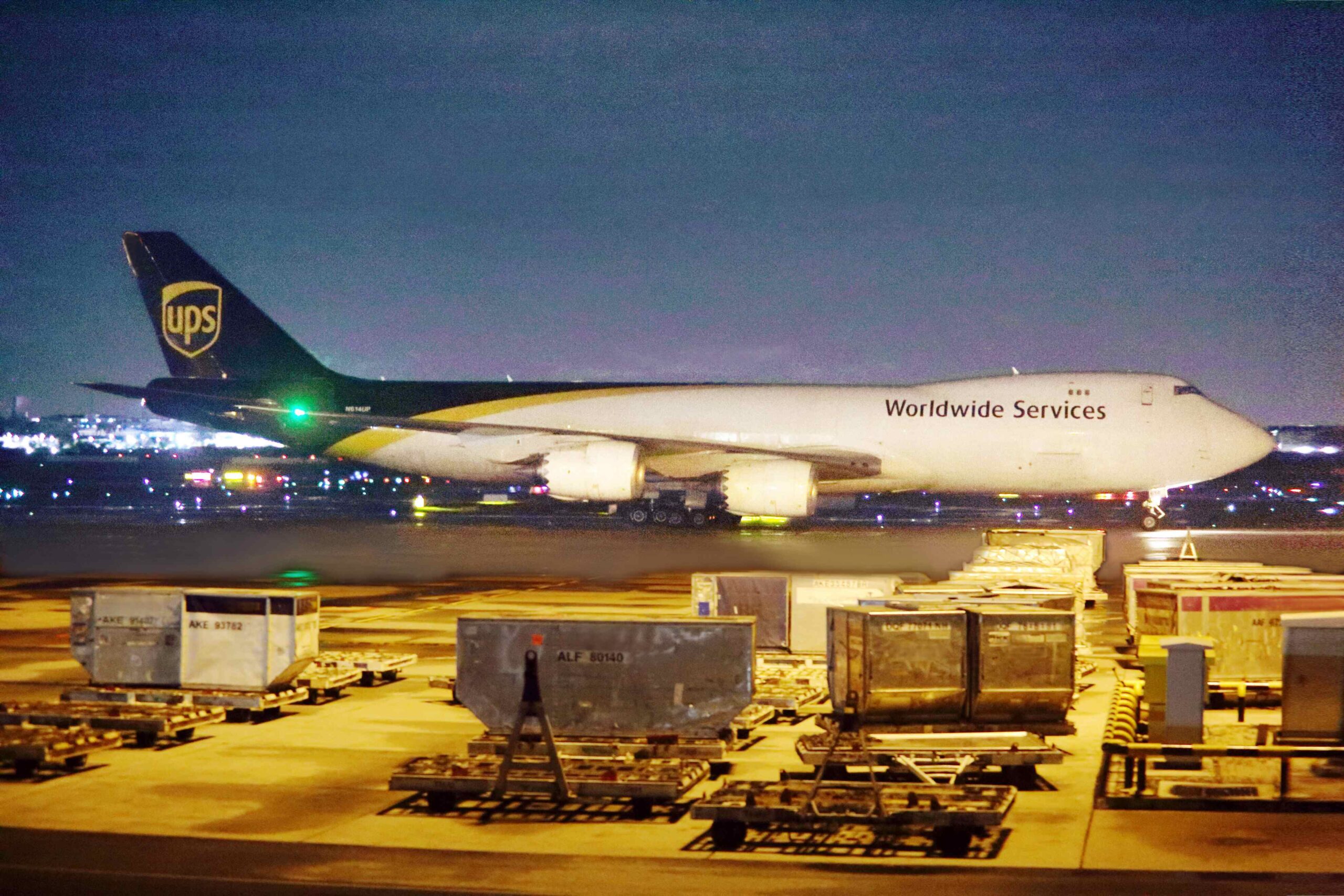UPS Resumes Talks with Unions Amidst Looming Strike Action

Talks between UPS and union representatives are set to resume next week with potential strike action less than two weeks away.
The express giant urged quick action to finalise a deal with the Teamsters union saying that members would not work beyond July 31 when the current deal is due to expire.
“We are pleased to be back at the negotiating table next week to resolve the few remaining open issues,” UPS said.
“We are prepared to increase our industry-leading pay and benefits, but need to work quickly to finalise a fair deal that provides certainty for our customers, our employees and businesses across the country.”
Talks previously broke down at the start of July with the union saying UPS had presented “an unacceptable offer to the Teamsters that did not address members’ needs”.
“As thousands of UPS Teamsters practice picket, rally, and mobilize around the country, UPS bowed today to the overwhelming show of Teamster unity and reached out to the union to resume negotiations,” the union said.
“The Teamsters National Negotiating Committee and the company will set dates soon to resume negotiations next week.”
Strike action by the 340,000 union members that work for UPS is expected to create huge disruption.
Earlier this week, Brandon Fried, executive director of the Airforwarders Association, said that supply chains are facing a “perfect storm” that would disrupt the flow of goods across the country in the event of a strike.
The disrutpion would lead to shortages, price increases, delays, the devastation of a portion of the economy, job losses, business closures and higher consumer prices, he said.
He pointed out that the last time UPS workers went on strike in 1997, supply chains were thrown into disarray.
“In 1997, UPS workers went on strike for 10 days, and the impact was widespread,” Fried said. “Freight forwarders and UPS competitors were overwhelmed with cargo as a result.
“While many freight forwarders experienced unsurpassed shipment volumes and profits during those 10 days, most shippers returned to UPS after resolving the strike.
“However, some retained a few UPS shippers as customers.”
He added that since 1997 new security requirements have been added which means first-time airfreight shippers need to be validated through the Known Shipper Program, which can create delays to shipments.
“These and other security requirements mean that if UPS were to go on strike today, the impact would be even more severe than in 1997,” Fried said.
